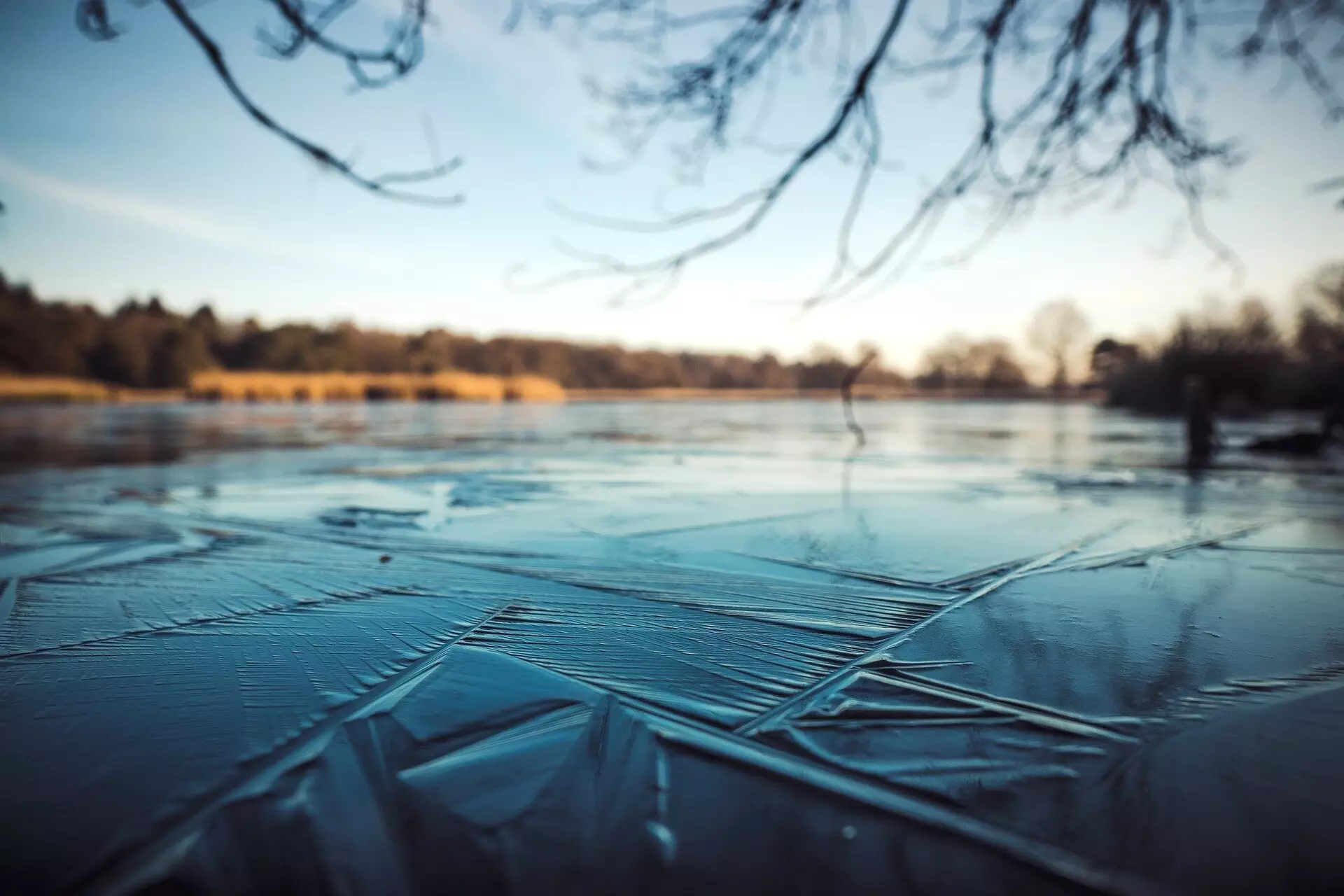Recent research highlights a disturbing trend: the world’s freshwater lakes are experiencing diminished ice cover, primarily attributable to climate change. This observation raises significant concerns regarding human safety, water quality, and ecological dynamics. A paramount study led by Stephanie Hampton from Carnegie Science sheds light on these changes, underscoring the urgent need to explore wintertime freshwater ecosystems which have traditionally been overlooked. Their publication in the scientific journal *Science* serves as a rallying cry for amplified winter ecology investigations.
The Current Landscape of Freshwater Lakes
Globally, freshwater lakes are essential resources, serving millions of people who depend on them for drinking water, recreation, fisheries, and cultural practices. Hampton’s team, comprised of researchers from the U.S., Canada, and Sweden, meticulously examined data from over the last 25 years, revealing a significant reduction in the duration of ice cover on these lakes. The analysis indicates that ice forms much later in the season and melts much earlier—approximately 31 days reduced over the last 165 years. Alarmingly, some lakes that reliably froze each winter are now experiencing prolonged ice-free seasons.
The ramifications of this ice loss extend far beyond mere statistics. For many communities, changing ice patterns disrupt not only fishing and recreational activities but also traditional ice-road transport, thereby impacting local economies and cultural practices. Hampton emphasizes that the changes in lake ice dynamics pose a threat to entire ecosystems, particularly by altering biogeochemical processes and microbial activity in lakes. Warmer water creates an environment conducive to toxic blooms of cyanobacteria, endangering both aquatic and human life by depleting oxygen levels and releasing harmful substances from the sediment.
The decreasing ice duration presents new challenges for biodiversity within lake ecosystems. As temperatures rise, invasive species flourish, potentially displacing native cold-water species that struggle in the warmer conditions. This shift in species composition can destabilize ecosystems, leading to unforeseen ecological consequences. The researchers call for comprehensive studies examining the impact of changing ice conditions on lake biodiversity, highlighting an urgent need to monitor these shifts to protect vulnerable species.
Global Carbon Cycle Considerations
Another critical area of concern is how these changes are influencing the global carbon cycle. Evidence suggests that lake ice plays a pivotal role in carbon sequestration. With reduced ice coverage, there is a greater likelihood of increased greenhouse gas emissions, including methane and nitrous oxide, as warmer water facilitates their release. This, in turn, exacerbates climate change, creating a dangerous feedback loop. The researchers advocate for increased understanding of the role lakes play in the water and carbon cycles, pressing for more research focused on their interactions with atmospheric conditions.
Future Research Directions: The Need for Winter Studies
The need for winter research on freshwater ecosystems is clear. Traditionally, studying these systems during the colder months posed logistical and safety challenges, which resulted in a lack of comprehensive data. Hampton and her colleagues are pioneering safe research methodologies to explore lake dynamics during winter. Initiatives such as the “winter school” hosted at Wisconsin’s Trout Lake signify critical steps towards equipping researchers with the skills necessary to study iced-over lakes effectively.
The investigation of wintertime freshwater ecology must be prioritized to grasp the full scope of the consequences arising from climate-induced ice changes. With over a billion people living near ice-capping lakes, understanding how these dynamics affect human livelihoods is essential. Hampton concludes with a call to action: increased investment in research is crucial for appreciating the far-reaching implications of lake ice dynamics for both ecological health and societal wellbeing. By deepening our understanding of these systems, we can develop more effective strategies to mitigate the negative impacts of climate change, ensuring the protection of both freshwater resources and the communities that depend on them.


Leave a Reply